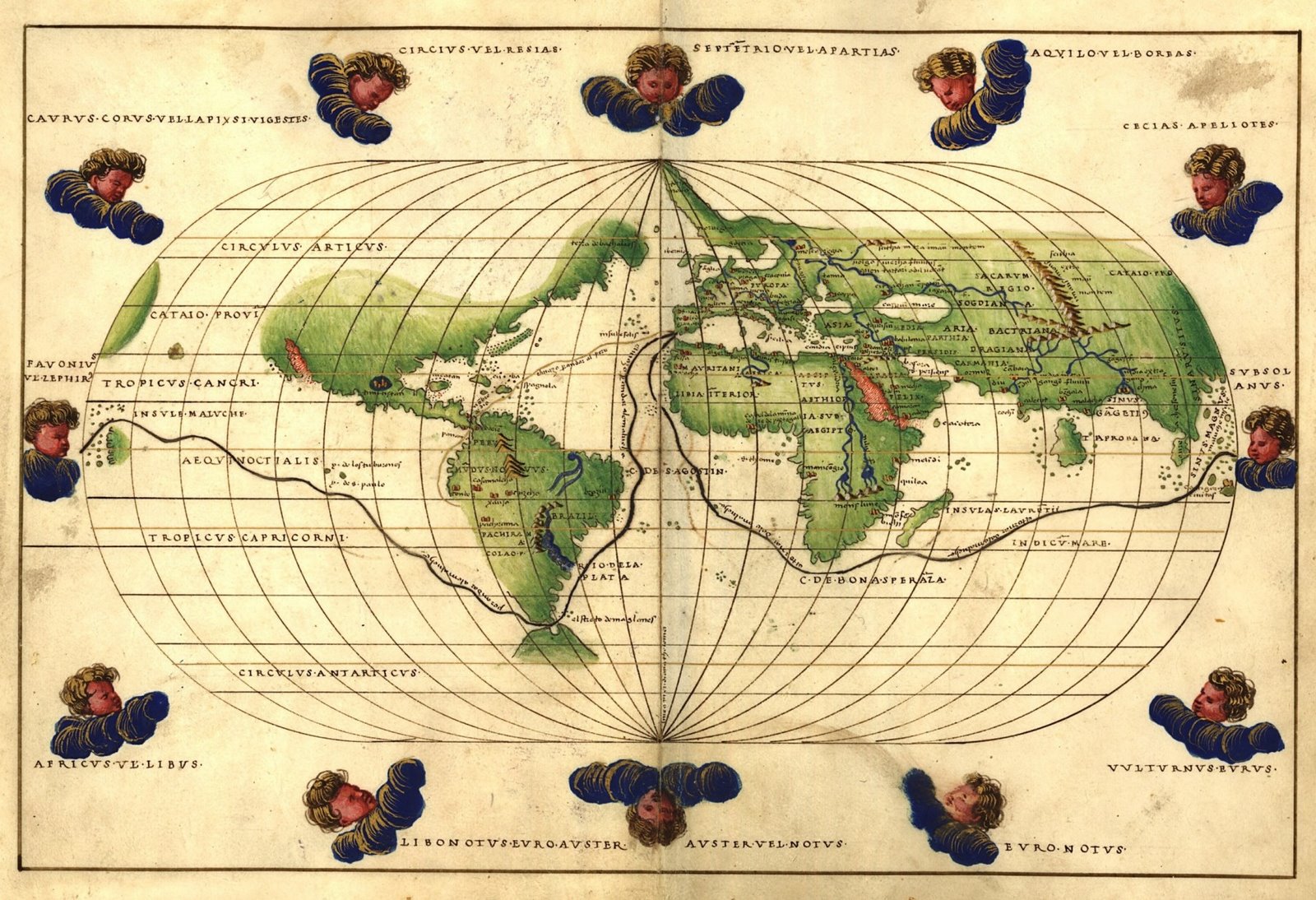Cultural Encounters: The Circulation of the Sacred in the Early Modern World
Monday 14 January 2013, 8.00PM
Speaker(s): Dr Simon Ditchfield (York)
Please join us for a series of public lectures exploring the findings and implications of our research "Cultural Encounters: Travel, Religion, and Identity in the Early Modern World"

The years between 1550 and 1700 saw the birth of our modern world. The rumbling legacy of the Reformations shaped the social and political landscape of Europe, and drove evangelical missions at home and abroad. Thanks to the trading influence and military prowess of the Ottoman Empire, Europeans were confronted by strange ideas, novel societies, and unfamiliar faiths, as well as sophisticated mathematical and scientific knowledge. Voyages of business and exploration brought travellers into contact with the peoples of the Far East, South Asia, and the Americas.
This lecture series will roam across early modern Europe and beyond, investigating the effects of these turbulent centuries, and their centrality to our own social and cultural inheritance.See further information about the series at: http://www.york.ac.uk/crems/conversion/news/publiclectures/
Lectures will take place in the wonderful surroundings of the York Medical Society, on Stonegate, and will start at 20.00. Refreshments will be provided, and all are welcome to attend.
For directions please see: http://yorkmedsoc.org/how-to-find-us.html
Dr Simon Ditchfield, Department of History, University of York
The century after Columbus’ first voyage across the Atlantic in 1492 has long been characterized as the ‘Age of Discovery’. But perhaps it would be better termed the ‘Age of Self-Discovery’. The effect of the unprecedented circulation of goods and people around the globe was not only to devastate populations without resistance to western microbes and muskets, but to transform how Western Europeans understood their own Christian heritage as the latter was appropriated and adopted by indigenous peoples from Manila to Mexico; Calicut to Cuzco. This lecture will argue that the end result of this circulation of the sacred was the conversion of the Old World by the New (a process that is still unfolding).
Location: York Medical Society, 23 Stonegate, York
Admission: Public Lecture, free and unticketed
